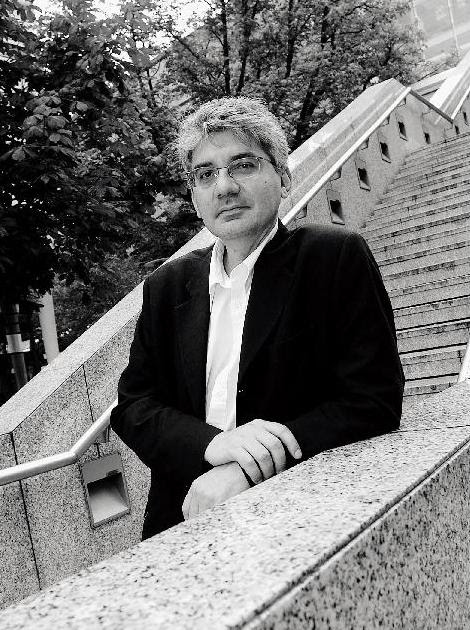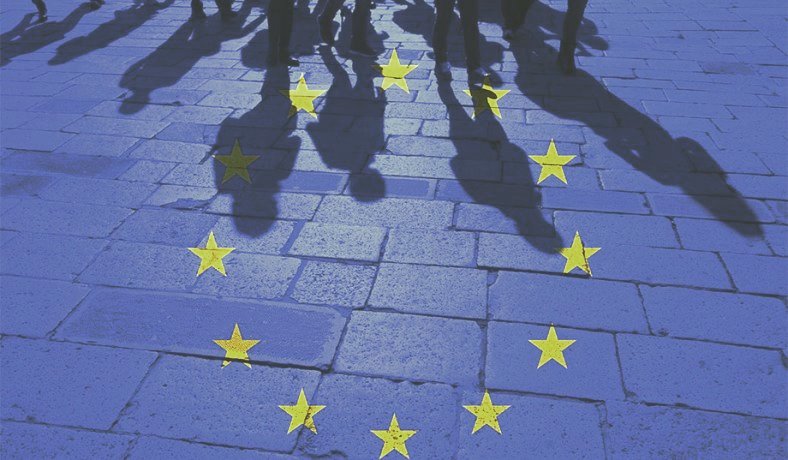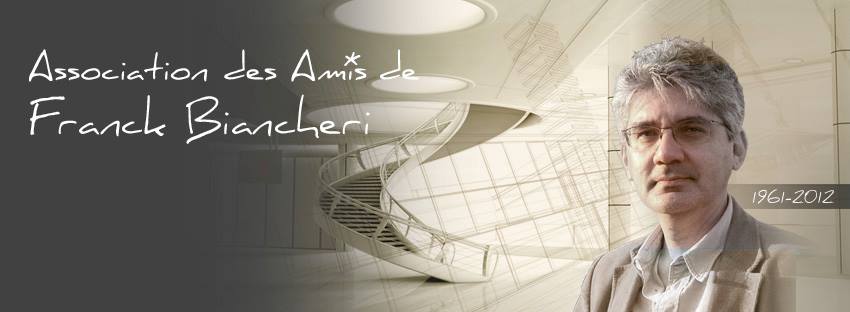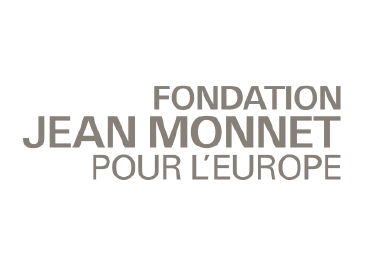[:en](french)
L’addition de “n” démocraties nationales ne fait pas “1” démocratie européenne. (Franck Biancheri, 1987)
Le 4 juillet prochain, Ulrike Guérot, qui a bien connu Franck Biancheri sur son parcours, organise une conférence à Saarbrücken (Allemagne): “Realitätscheck Europawahl: 28 Wahlen für 1 Parlament?” (Retour sur les élections européennes: 28 élections pour 1 Parlement?), sous le slogan “Visions pour l’Europe: un même vote commun”!
Cela vous rappelle quelque chose?
Eh oui, que ce soit en 1989 avec IDE (Initiative pour une démocratie européenne), comme en 2009 avec Newropeans, Franck Biancheri a défendu non seulement l’émergence de partis transeuropéens (et non pas transnationaux), véritables outils européens de l’expression citoyenne européenne, mais il a aussi dénoncé l’obsolescence de la procédure des élections européennes, ses contradictions et son caractère foncièrement anti-démocratique.
Dès 1988/89 il a plaidé pour que l’élection européenne soit organisée dans un cadre commun avec des règles communes à tous les citoyens européens: une seule élection pour les citoyens européens et non pas x élections nationales.
En 2010 il rédige avec David Carayol, la Proposition de Loi Électorale Européenne Unique (LEEU).
C’était pour lui non seulement une question de démocratie, mais aussi de justice et d’égalité (égalité des candidats et égalité des électeurs).
C’est le sujet que reprend la conférence organisée par European Democracy Lab, fondé par Ulrike Guéro, qui s’inspire de l’héritage et la mémoire de Franck Biancheri et s’inscrit dans les objectifs de l’AAFB.
- invitation à consulter sur facebook “Realitätscheck Europawahl: 28 Wahlen für 1 Parlament?“,
- Archives: Proposition de Loi Électorale Européenne Unique (LEEU), de 2010
[:fr]
L’addition de “x” démocraties nationales ne fait pas “1” démocratie européenne. (Franck Biancheri, 1987)
Le 4 juillet prochain, Ulrike Guérot, qui a bien connu Franck Biancheri sur son parcours, organise une conférence à Saarbrücken (Allemagne): “Realitätscheck Europawahl: 28 Wahlen für 1 Parlament?” (Retour sur les élections européennes: 28 élections pour 1 Parlement?), sous le slogan “Visions pour l’Europe: un même vote commun”!
Cela vous rappelle quelque chose?
Eh oui, que ce soit en 1989 avec IDE (Initiative pour une démocratie européenne), comme en 2009 avec Newropeans, Franck Biancheri a défendu non seulement l’émergence de partis transeuropéens (et non pas transnationaux), véritables outils européens de l’expression citoyenne européenne, mais il a aussi dénoncé l’obsolescence de la procédure des élections européennes, ses contradictions et son caractère foncièrement anti-démocratique.
Dès 1988/89 il a plaidé pour que l’élection européenne soit organisée dans un cadre commun avec des règles communes à tous les citoyens européens: une seule élection pour les citoyens européens et non pas x élections nationales.
En 2010 il rédige avec David Carayol, la Proposition de Loi Électorale Européenne Unique (LEEU).
C’était pour lui non seulement une question de démocratie, mais aussi de justice et d’égalité (égalité des candidats et égalité des électeurs).
C’est le sujet que reprend la conférence organisée par European Democracy Lab, fondé par Ulrike Guéro, qui s’inspire de l’héritage et la mémoire de Franck Biancheri et s’inscrit dans les objectifs de l’AAFB.
- invitation à consulter sur facebook “Realitätscheck Europawahl: 28 Wahlen für 1 Parlament?“,
- Archives: Proposition de Loi Électorale Européenne Unique (LEEU), de 2010
[:]






